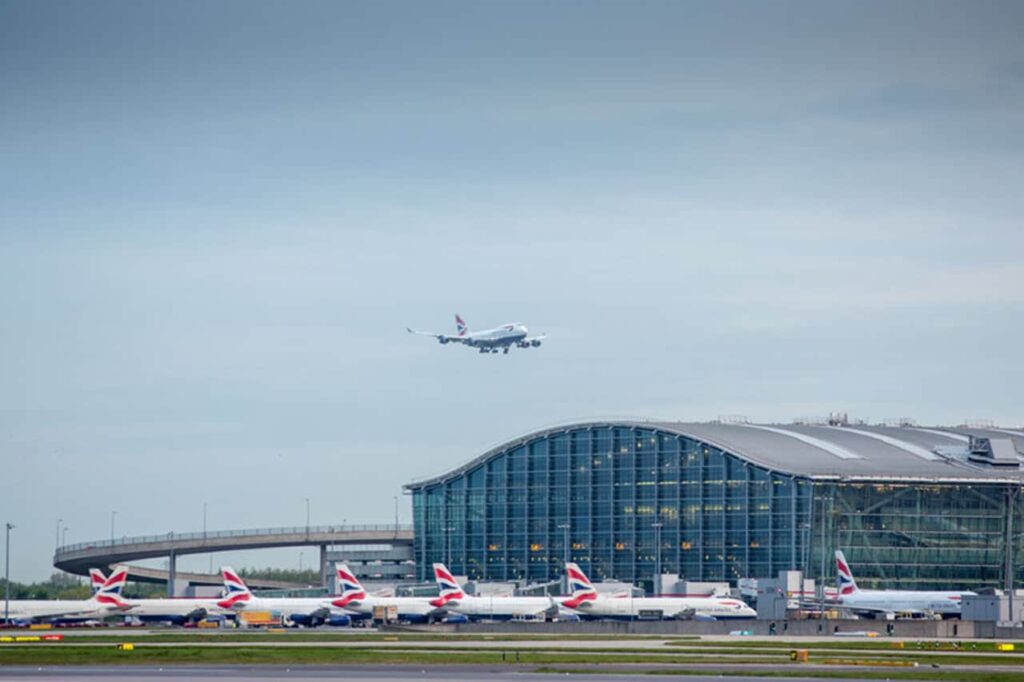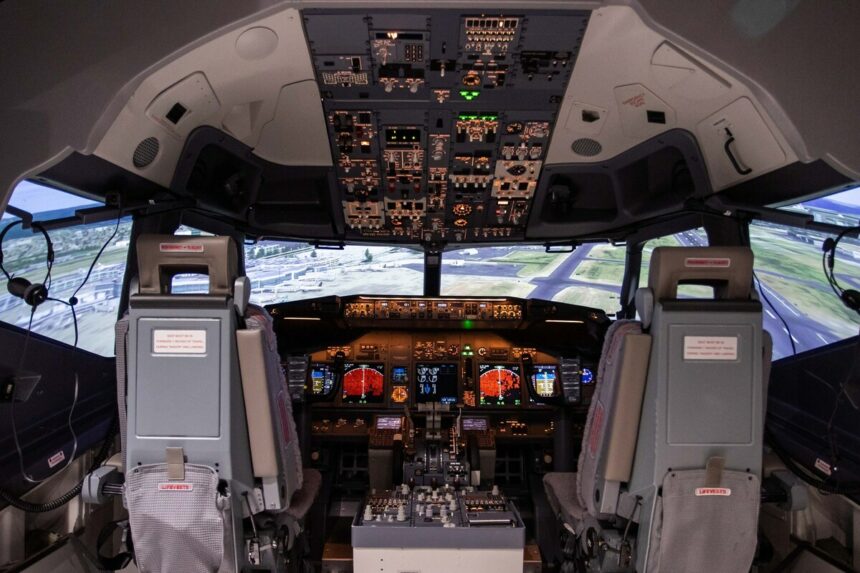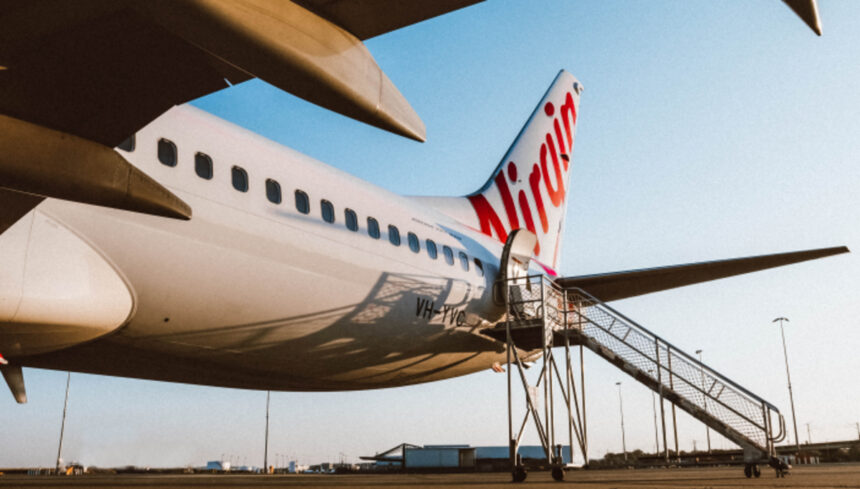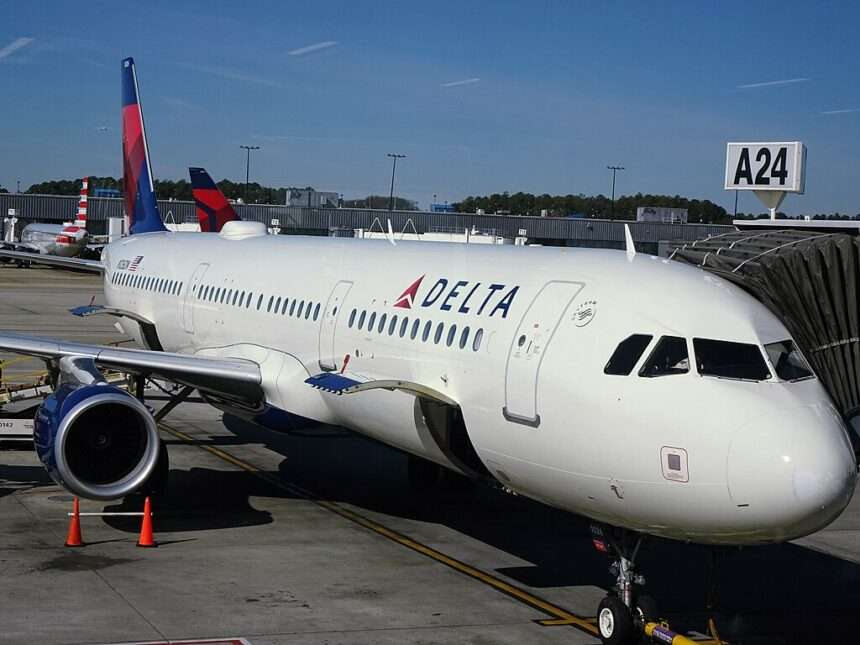Brexit, the UK’s decision to leave the European Union, has had far-reaching consequences across multiple industries, including the airline industry.
The UK airline industry is one of the largest in Europe, with over 200 million passengers traveling through its airports each year.
Since Brexit, the industry has faced a range of challenges and changes, from new regulations to changes in consumer behaviour.
In this article, we’ll take a closer look at how the UK airline industry has been affected by Brexit.
Regulatory Changes
One of the most significant changes that Brexit has brought to the UK airline industry has been regulatory changes. Since leaving the EU, the UK is no longer bound by EU aviation rules, and as a result, it has had to create its own set of regulations.
These new regulations are designed to ensure that the UK airline industry continues to operate safely and efficiently, but they have also led to additional costs and administrative burdens for airlines.
One of the main challenges that airlines have faced is the need to obtain new operating licenses. Previously, UK airlines were able to operate across the EU under a single license issued by the EU Aviation Safety Agency (EASA).
Now, they need to obtain separate licenses from each country they wish to operate in. This has resulted in additional costs and bureaucracy for airlines, as well as longer wait times for passengers.
Another significant regulatory change is the requirement for airlines to comply with new customs and immigration procedures.
UK airlines are now subject to the same regulations as other non-EU airlines, which means they must obtain visas and other travel documents for passengers traveling to the EU. This has resulted in longer wait times for passengers and additional costs for airlines.
Consumer Behaviour Changes
In addition to regulatory changes, Brexit has also led to changes in consumer behaviour. The UK airline industry has seen a shift in demand from EU destinations to non-EU destinations.
This is partly due to the weakened value of the pound, which has made travel to EU destinations more expensive for UK consumers. As a result, airlines have had to adapt to this change in demand by offering more flights to non-EU destinations.
Another trend that has emerged since Brexit is a rise in staycations. Many UK consumers began choosing to holiday within the UK rather than travel abroad, due to uncertainty over travel regulations and costs.
This has created new opportunities for the UK airline industry, as airlines have started to offer more domestic flights and holiday packages.
Economic Impact
Brexit has also had a significant economic impact on the UK airline industry. The devaluation of the pound has made it more expensive for airlines to purchase fuel and other supplies, which has led to higher operating costs.
This has put pressure on airlines to raise prices, which has in turn made travel more expensive for UK consumers.
For air travellers
One of the most significant changes that has affected air travellers is the need to obtain new travel documents.
UK citizens were no longer able to use their EU passport to travel to EU countries and are required to have a valid passport with at least six months validity remaining to enter the EU. This led to a surge in passport applications, causing delays and longer wait times for travellers.
In addition, UK travellers are essentially now subject to the same visa requirements as travellers from other non-EU countries when visiting EU countries.
This means that UK citizens may need to obtain a visa for trips longer than 90 days or for specific purposes such as work or study.
The visa application process can be time-consuming and expensive, adding to the overall cost of travel for UK citizens.
In response to these challenges, some UK travellers shifted their travel plans to non-EU destinations or have chosen to take domestic trips instead.
This has led to a rise in demand for flights and holiday packages within the UK, providing opportunities for airlines and travel companies to adapt to these changing travel trends.









